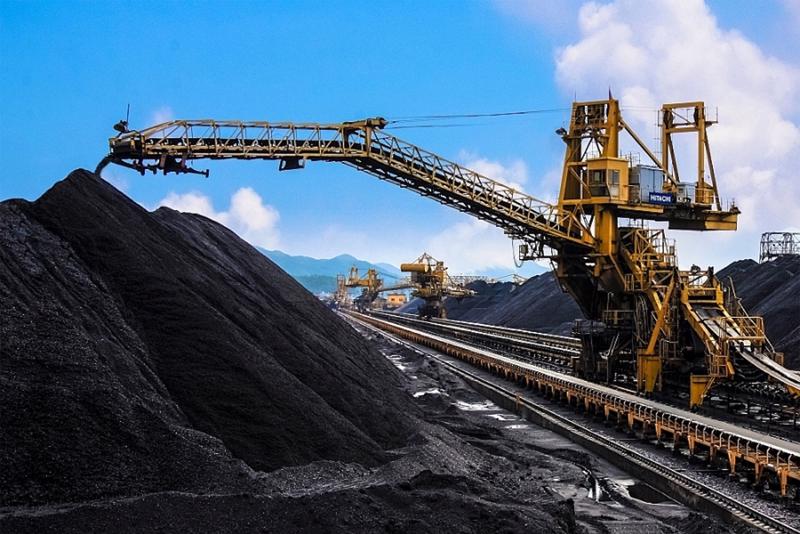Vietnam Coal and Mineral Industry Group (TKV), the country's dominant state-owned coal conglomerate, has announced ambitious production and sales targets for May 2024.
The company strives to produce 3.3 million tons of raw coal and sell 5.25 million tons, a significant increase intended to boost revenue while it also navigates growing environmental concerns about its operations.
This concerted push comes after a positive start to the year, with TKV exceeding most of its initial production and commercial goals for the first four months of 2024. This solid performance has laid the foundation for the company's aim to meet its full-year targets.
Production on the Rise
By the end of April, TKV had produced 3.63 million tons of raw coal and facilitated the sale of 5.05 million tons. This was accompanied by substantial progress in associated works such as land clearance and mine drilling. These results pushed TKV's revenue to VND 16,513 billion (USD 652 million) for April alone.
Over the first four months of 2024, the Group reported total revenue of VND 56,856 billion (USD 2.25 billion), exceeding targets and surpassing its performance from the same period in 2023. Notably, the sale of commercial coal reached 17.87 million tons, a 14% increase year-on-year.
TKV's surge in coal supply is particularly significant given the central role coal plays in Vietnam's power generation sector. The conglomerate supplied 15.32 million tons of coal to the country's power plants between January and April, 13% higher against the same period last year, helping to fuel Vietnam's economic growth.
Environmental Impact Remains a Concern
While TKV emphasizes increased production and sales as key indicators of its success, concerns persist regarding the coal industry's overall environmental footprint.
Land clearance, waste disposal, and dust suppression are key areas where greater sustainability and more stringent environmental safeguards are often demanded by critics and environmental groups.
The company has stated that it is committed to striking a balance between production growth and environmental protection initiatives such as tree planting and dust reduction at coal production hubs.
The Vietnamese government, as TKV's owner, relies heavily on the conglomerate for both revenue and ensuring the nation's energy security. However, as global concerns about climate change and the use of fossil fuels grow, TKV is likely to face a complex landscape with increasing pressure to demonstrate a clear commitment to a lower-carbon future.









 Google translate
Google translate